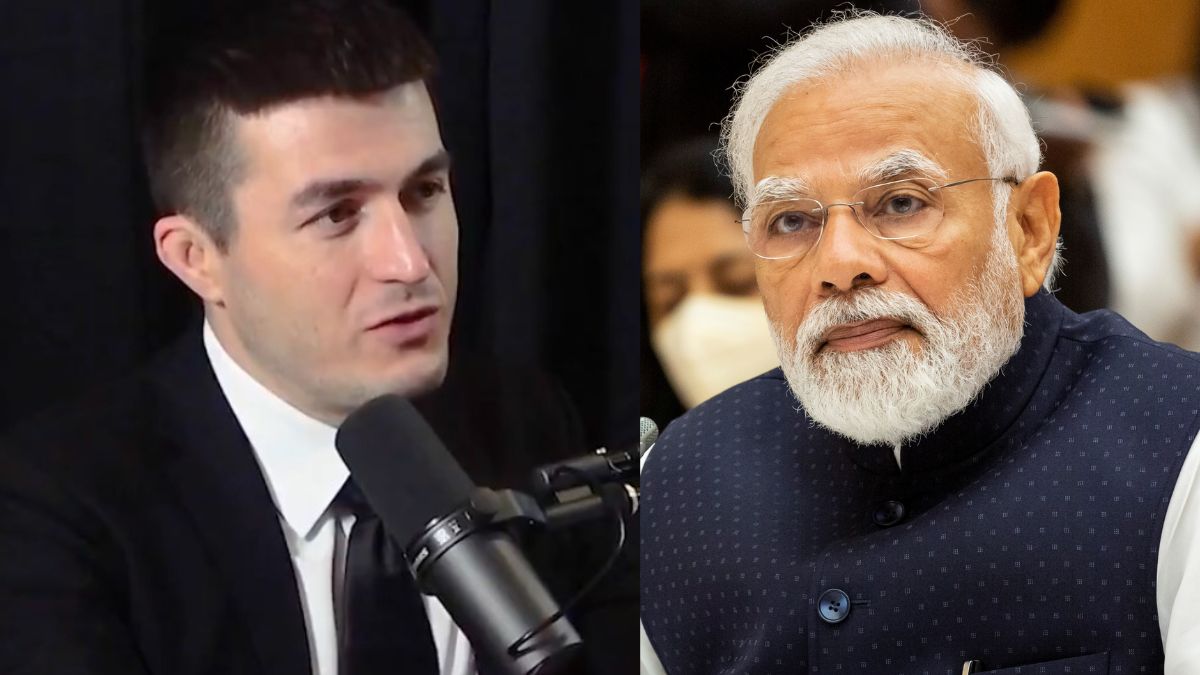Did Lex Fridman interview the Indian Prime Minister, and can we consider this a diplomatic interview?
Step 1: Did Lex Fridman Interview the Indian Prime Minister?
Yes, Lex Fridman interviewed Narendra Modi, the Prime Minister of India. This interview took place and was released as a podcast on March 16, 2025. The conversation covered a broad range of topics, including Modi’s childhood, his experiences in the Himalayas, his journey in public life, and India’s relations with countries like China and Pakistan. It also touched on themes such as democracy, leadership, and India’s advancements in technology and AI. So, the first part of your question is confirmed: the interview did indeed happen.
Step 2: What Is a Diplomatic Interview?
To determine if this can be considered a diplomatic interview, we first need to define what that term typically means. A diplomatic interview is traditionally a formal discussion involving political leaders, diplomats, or official representatives. These interactions often focus on:
- International relations
- Policy negotiations
- Geopolitical issues
The purpose is usually to foster diplomatic ties, resolve conflicts, or advance specific agendas between nations. Such interviews are conducted with a clear intent of addressing official matters in a structured, often high-stakes setting.
Step 3: Who Is Lex Fridman, and What Was the Nature of the Interview?
Lex Fridman is a podcaster and AI researcher, not a political leader, diplomat, or official representative of any government. His podcast is known for long-form, exploratory conversations with a wide variety of guests—scientists, engineers, entrepreneurs, and occasionally public figures. In the interview with Narendra Modi, the discussion included:
- Personal Topics: Modi’s early life, his time in the Himalayas, and his personal reflections on leadership.
- International Topics: India’s relations with countries like China and Pakistan, as well as its role in global technology and AI development.
The tone of the interview was informal and reflective, rather than a rigid negotiation or policy-focused exchange. Fridman himself described it as “one of the most powerful conversations” of his life, highlighting its personal and philosophical depth.
Step 4: Does This Fit the Traditional Definition of a Diplomatic Interview?
Given the traditional definition, this interview does not fully align with a diplomatic interview for the following reasons:
- Participants: Fridman is not a diplomat or political official, but a private individual hosting a podcast.
- Tone and Purpose: The conversation was exploratory and personal, not a formal negotiation or policy discussion.
- Setting: A podcast is a public, media-driven platform, not a closed-door diplomatic meeting.
At first glance, this suggests it’s not a diplomatic interview in the conventional sense.
Step 5: Could It Still Have Diplomatic Elements?
However, there’s more to consider. The context and impact of the interview suggest it might serve a diplomatic purpose in a broader, modern sense. Here’s why:
- Public Diplomacy: This is a recognized form of diplomacy where leaders engage with foreign publics to build goodwill, share cultural values, and shape perceptions. By appearing on Fridman’s podcast, which has millions of subscribers—many in the United States—Modi reached an international audience, presenting India’s perspective on global issues and humanizing his leadership.
- Strategic Context: Since Donald Trump’s election, world leaders have increasingly granted interviews to American podcasters and journalists popular with his supporters. This trend hints at a strategy to influence American public opinion, which can have indirect diplomatic effects. Modi’s choice to speak with Fridman could be part of an effort to strengthen India’s image and ties with the U.S. audience.
- Topics with Diplomatic Relevance: While not a negotiation, the discussion of India’s technological advancements, its global role, and its relations with other nations carries implications for international relations.
This aligns with “new media diplomacy,” where digital platforms are used to enhance a country’s soft power—its ability to influence through attraction rather than coercion.
Step 6: Conclusion
So, can we consider this a diplomatic interview? Here’s the final breakdown:
- Not Traditional Diplomacy: It doesn’t fit the classic mold of a diplomatic interview due to its informal nature, the participants involved, and the lack of direct policy negotiation.
- A Form of Public Diplomacy: It does, however, serve a diplomatic function in a modern sense. By engaging with a global audience through a popular podcast, Modi promoted India’s narrative, culture, and perspectives, which complements traditional diplomacy.
Thus, while the interview between Lex Fridman and Narendra Modi is not a diplomatic interview in the strict, traditional definition, it can be considered a form of diplomatic engagement through public diplomacy. It represents a contemporary approach where leaders use new media to connect with international audiences and shape global narratives.
Final Answer: Yes, Lex Fridman interviewed Indian Prime Minister Narendra Modi on March 16, 2025. While it’s not a traditional diplomatic interview, it can be viewed as a diplomatic engagement in the broader context of public diplomacy.



0 Comments
Hi, How are you dear. Hope you are good